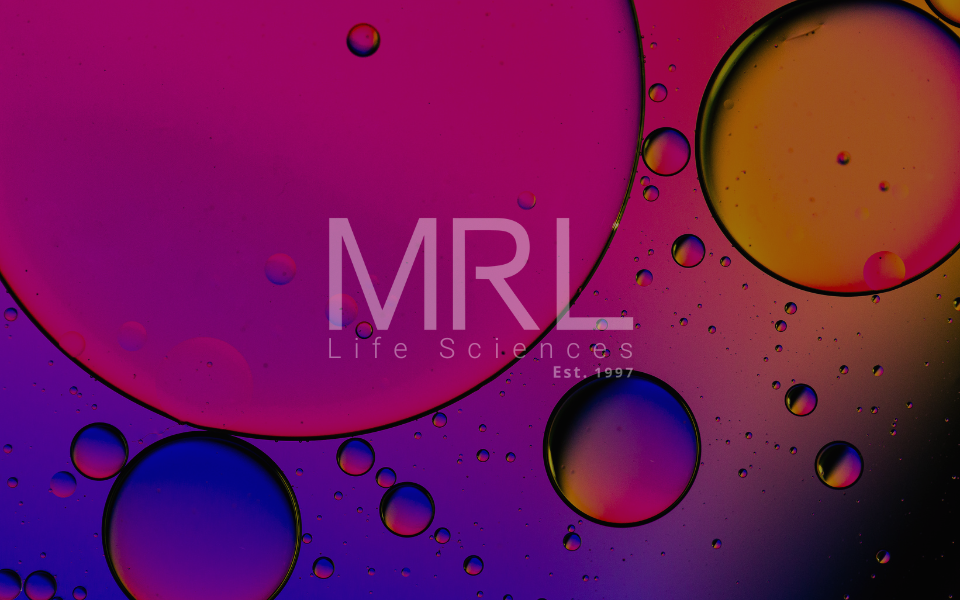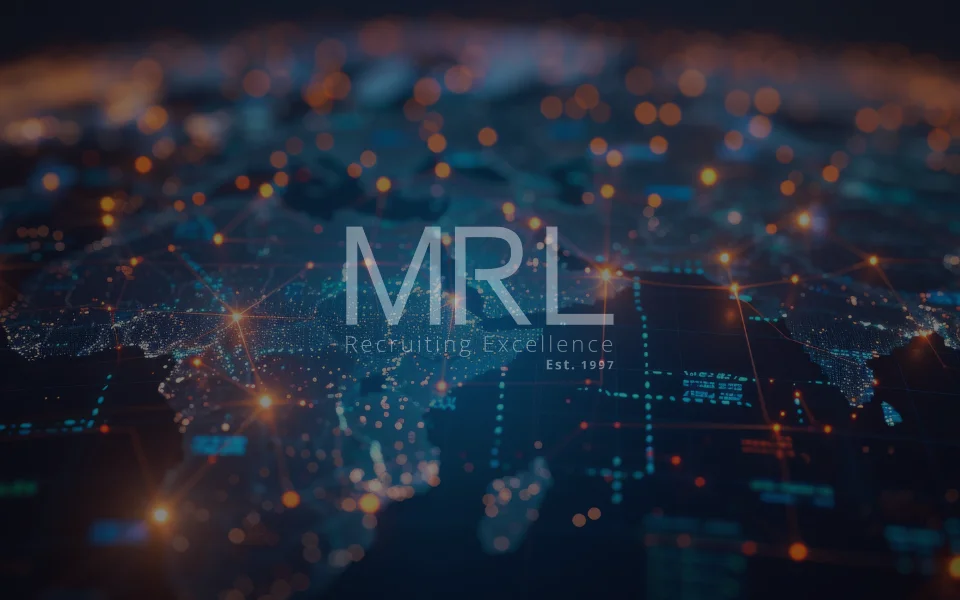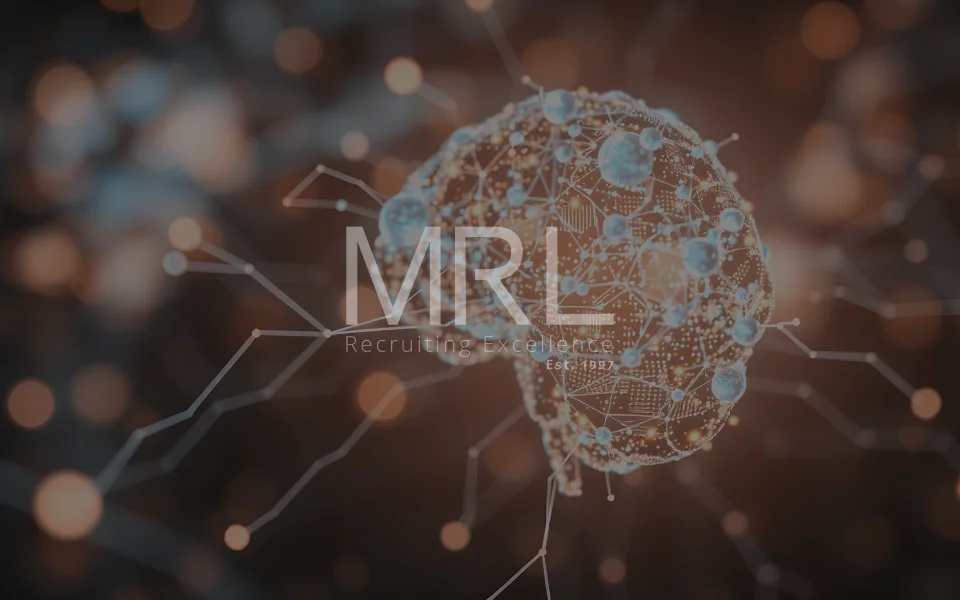Guide to Life Sciences Regulatory Changes | MRL
07 Dec, 202310Navigating Regulatory Changes in the Life Sciences IndustryIn the rapidly evolving landscape...

Navigating Regulatory Changes in the Life Sciences Industry
In the rapidly evolving landscape of the life sciences industry, regulatory changes play a pivotal role in shaping the practices and standards of professionals. These changes, ranging from amendments in FDA regulations to updates in EMA guidelines, have far-reaching implications for professionals in the field. Staying abreast of these changes is crucial for maintaining compliance and ensuring the delivery of safe and effective products and services.
Understanding Life Sciences Regulatory Changes
The life sciences industry has successfully navigated its many challenges in recent years, but the regulatory landscape supporting these activities is undergoing significant transformations. As the industry continues to innovate, it becomes evident that existing regulations must evolve to remain relevant. Changes in clinical trial conduct, advancements in MedTech, and the escalating role of technology underscore the need for an agile regulatory environment that doesn’t stay in the past but encompasses the future.
Compliance Challenges in Biotechnology
As the most prominent life sciences component, biotechnology faces unique challenges in navigating the regulatory landscape. The intersection of innovative biotechnological advancements and stringent regulatory requirements demands a careful balance. Here are some of the major challenges:
- Regulatory Framework Complexity: Biotech companies have to navigate intricate local and international regulations, introducing challenges in research, development, and commercialization. Non-compliance risks delays, fines, and market entry prohibitions.
- Data Privacy and Security: Securing sensitive patient and proprietary research data poses a significant challenge. Data breaches may result in legal consequences, reputational damage, and compromised research integrity.
- Clinical Trial Compliance: Adhering to stringent protocols and ethical standards in clinical trials is challenging. Failure to comply can lead to data invalidation, legal consequences, and delays in product development.
- Intellectual Property Protection: Navigating patent laws and ensuring proper disclosure of inventions is a challenge. Inadequate protection risks the loss of exclusivity, enabling competitors to replicate or capitalize on research investments.
- Good Manufacturing Practice (GMP): Maintaining compliance with GMP regulations in biopharmaceutical manufacturing is intricate. Non-compliance may lead to the release of substandard products, recalls, and regulatory actions.
- Ethical Concerns in Genetic Research: Genetic research raises ethical concerns, including informed consent, privacy, and potential misuse of genetic information. Violations can result in legal consequences, damage public trust, and hinder collaborative research efforts.
- Supply Chain Management: Managing complex global supply chains, including the sourcing of raw materials, poses challenges. Disruptions can lead to production delays, affecting product availability and regulatory compliance.
- Post-Market Surveillance: Ensuring the safety and efficacy of biotech products post-market is essential. Failure to monitor and report adverse events can lead to regulatory actions, recalls, and legal consequences.
- Emerging Technologies and Rapid Innovation: Fast-paced innovation in biotech outpaces regulatory development, especially in emerging technologies like gene editing. Lagging regulations may result in uncertainty, delays, and potential safety oversights.
- International Collaboration and Standards: Global collaborations in biotech face challenges aligning with diverse international standards. Lack of alignment may hinder collaborative efforts, lead to inefficiencies, and create barriers to market entry.
Major Regulation Changes in the Life Sciences and Biotech Industry
FDA Regulations
On November 13, 2023, in response to Executive Order 14081, the FDA, EPA, and USDA posted two documents on the Unified Website for Biotechnology Regulation. This initiative aims to drive research, enhance data access, improve manufacturing, and streamline regulatory processes for biotechnology products. The recent request for information on the Coordinated Framework for the Regulation of Biotechnology is significant for life sciences companies, as it seeks data to identify regulatory ambiguities and gaps.
The posting of stakeholder comments and plain-language information on agency roles and processes on the Unified Website for Biotechnology Regulation adds transparency to the regulatory landscape. The Feed Your Mind Education and Outreach Initiative, focusing on genetically engineered foods, is crucial for the industry to address public perceptions.
EMA Guidelines
The European Medicines Agency (EMA) has introduced significant changes to its transparency rules for clinical trials submitted through the Clinical Trials Information System (CTIS). In response to stakeholder feedback gathered during an eight-week public consultation from May to June 2023, EMA aims to enhance access to trial information for patients and healthcare professionals (HCPs). The revised rules eliminate the deferral mechanism that allowed sponsors to delay certain data and document publication for up to seven years after a trial's conclusion.
Notably, EMA has classified trials into three categories, outlining specific timing for information publication based on the trial category and patient population. The changes aim to improve transparency, with patients able to flag relevant trials and receive early notifications while HCPs gain access to enrollment information and increased awareness of new treatment options. The technical implementation of these rules in CTIS is expected to be finalized in Q2 2024, with a new public portal to be launched simultaneously.
More Recent Life Sciences Regulatory Changes
EU Medical Devices Regulation (EU MDR)
The EU MDR, effective since May 2021, introduces a transitional period for medical device manufacturers to comply with the new regulations. Key points include extended deadlines for high-risk in vitro diagnostic devices and requirements for a quality management system by May 2024.
EU Pharmaceutical Reform
A proposal for a revised EU pharmaceutical package, published in April 2023, aims to reform general pharmaceutical legislation. This change focuses on affordability, accessibility, innovation, environmental sustainability, and antimicrobial resistance. It replaces outdated legislation from 2000, highlighting the importance of auditing current quality processes and ensuring regulatory data accuracy.
FDORA (Food and Drug Omnibus Reform Act)
FDORA, enacted in December 2022, empowers the FDA to accelerate approvals for medicines meeting specific conditions. Non-U.S.-based manufacturers importing medicines or medical devices into the U.S. must adhere to FDORA immediately.
ISO 15189
The updated ISO 15189, released in December 2022, emphasizes patient-centricity, contingency planning, data control, and risk management.
ICH Q9 (R1)
Revised on January 18, 2023, ICH Q9 offers clearer guidance on quality risk management, with new subsections addressing formality, risk-based decision-making, subjectivity, and integrating QRM into regulatory and industry operations.
Overcoming Compliance Challenges
Effectively navigating regulatory changes in the life sciences industry involves proactive strategies to overcome compliance challenges. Fortunately, there are strategies that biotechnology companies can use to comply with applicable regulations.
First of all, preparing for these regulatory changes requires a robust quality management system. Whether establishing or auditing an existing system, regulators seek evidence of procedures being followed, secure data management, and effective record-keeping. Quality management software serves as a central hub for streamlined processes, evidence of compliance, and continuous improvement.
As compliance can be costly, it’s also important for health and human services to prioritize cost-effective strategies, invest in scalable technology, and explore shared resources through industry collaboration.
As the industry embraces evolving technologies, organizations should focus on collaboration between technology and regulatory experts, regularly update internal protocols, and stay informed about technological advancements. Achieving global alignment of standards necessitates the establishment of global regulatory affairs teams, maintaining open communication with regulatory agencies, and utilizing regulatory intelligence tools.
Data security and privacy concerns can be mitigated by implementing robust protection measures, enforcing strict data access protocols, and staying updated on evolving data privacy regulations.
As personnel competencies continually evolve, organizations should develop comprehensive training programs, utilize e-learning platforms, and encourage a culture of continuous learning.
Balancing innovation with compliance involves integrating regulatory experts into the innovation process, fostering collaboration, and implementing agile development methodologies. Strategic addressing of these challenges positions organizations to meet current compliance requirements and thrive amidst future regulatory changes in the dynamic life sciences industry.
Conclusion
In a landscape marked by economic pressures, talent shortages, and increased cybersecurity needs, life science organizations face the additional challenge of adapting to changes in industry regulations. This industry stands at the intersection of innovation and regulation, and as such, navigating regulatory changes requires an informed and proactive approach.
As we navigate the ever-changing regulatory landscape, continuous learning and collaboration within the life sciences community are essential. Stay updated on regulatory changes, share experiences, and contribute to the collective knowledge of the industry.
Interested in Pursuing a Career in the Life Sciences Industry?
Are you contemplating a career in the vibrant life sciences industry? Look no further! MRL specializes in partnerships with leading biotech companies and major players in the life sciences sector.
Whether you're ready for your next career challenge or exploring enticing job opportunities in this ever-changing industry, our devoted team of recruiters is here to support you every step of the way. Reach out to us today and find out how we can help you realize your professional goals.




